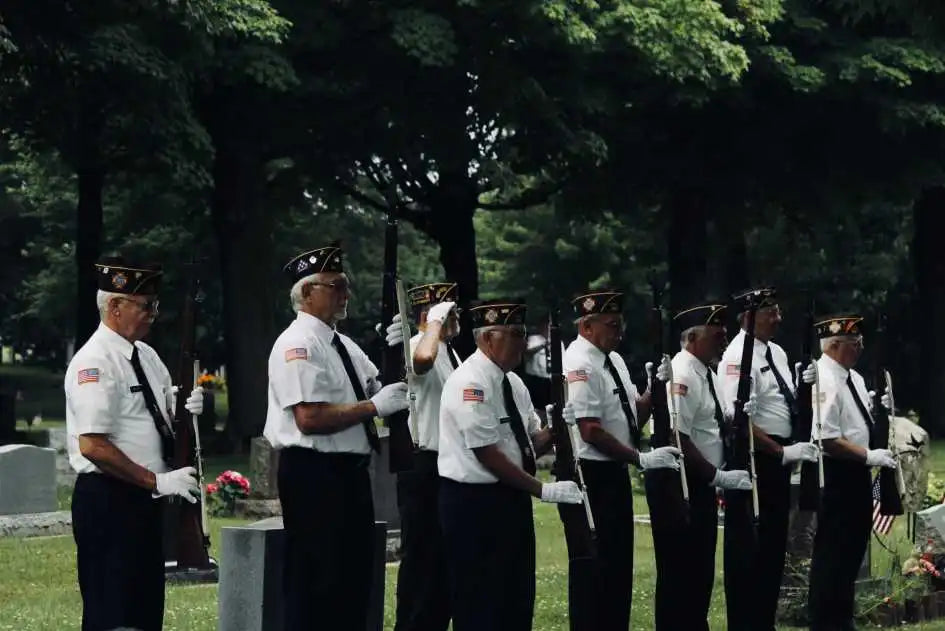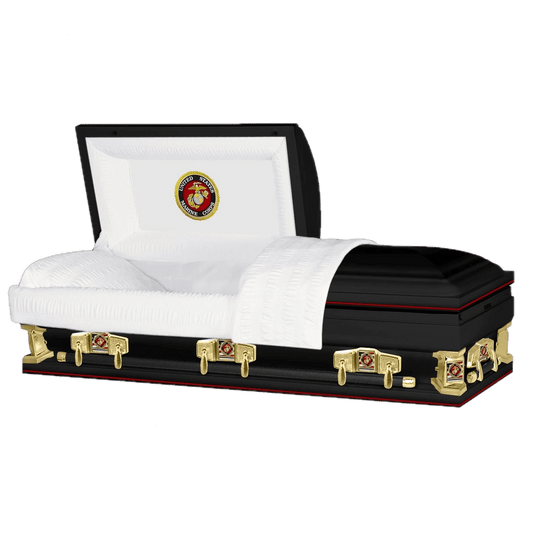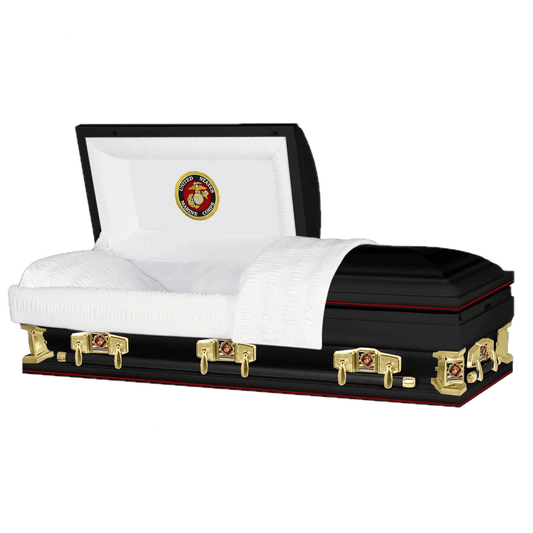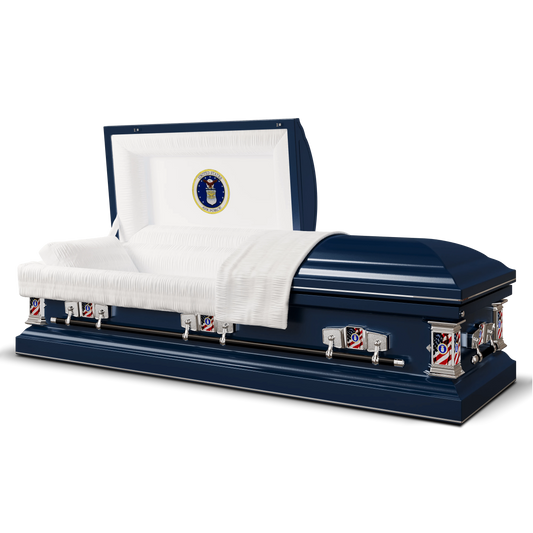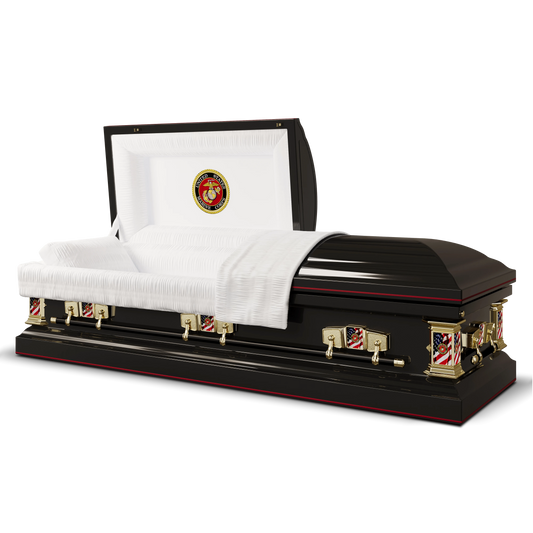Police and military funerals, respectively, come with more elaborate traditions and officiations than most civilian funerals. A deceased hero from either of these camps is recognized as a protector of the people and must be honored for their lifetime of service when they pass. A law enforcement funeral and a military funeral share certain similarities and differences. Read ahead to know more.
Who Qualifies For These Funerals?
Military Funeral: There are specific laws enumerating who might be eligible to receive a military funeral. The most essential of these is that the deceased must have been a member of and completed at least a term of service as a part of the Air Force, Marines, Army, Navy or Coast Guard. They must be a veteran who lost their lives in combat. Their child or spouse is eligible to attend the military funeral. The family of the deceased may also request attendance. The government carries out the funeral. Soldiers who were discharged dishonorably cannot attend the ceremony.
Police Funeral: Similar to a military funeral, police funerals have specific laws that warrant police honors. Firstly, the deceased officer must have been sworn in as a police officer. There are hierarchies of honor that dictate the kind of ceremony. If the officer loses their life in his line of duty, they are awarded the highest honor. If an officer passes away not while on duty, they qualify for honor, but their ceremony is less elaborate with fewer honors. If a retired police officer simply passes away, he is warranted honors. If an officer was involved in illegal activity at the time of death, he will not qualify for honors.
Order Of Service
Military Service: Be it at a national cemetery or a private one, members of the honor guard are assigned certain roles that they have rehearsed before. Hence, all parts of the procession are conducted with perfect cadence.
These are some elements of a military graveside service conducted at a national cemetery-
- The casket, flag-draped, arrives on a hearse or horse caisson at the cemetery.
- The honor guard of six carries the casket to the site.
- The pastor reads a committal service.
- The American flag is held up, taut, over the casket by the guard.
- The firing party of seven fires three volleys. A shell is later put into the folded memorial flag.
- A bugler plays “Taps”.
- The honor guard folds the National flag.
- Officers of the highest rank then present the folded flag to the family of the deceased with a final salute.
For a police officer’s funeral, the order of service depends on the family's wishes. Here is the general order:
- The service commences with an invocation and is followed by prayers and hymns.
- The service has several speakers come up to say a few words. These may include Mayors, councilmen, and bureaucrats and family and friends with eulogies.
- There is a 21-gun or bell ceremony, depending on the manner of death. The sound of a final radio and bagpipes follow.
- The color guard takes off the casket flag and hands it to the decedent’s next of kin. The pallbearers take the casket.
Etiquette And Codes Of Conduct
Attire
There are specific codes of conduct to be abided by those funeral attendees. Wearing casual attire is a marker of disrespect. It is prefered that civilian attendees come in dark and formal wear. At a police funeral, especially one that is military-styled, attendees officers are expected to present themselves in full uniform. The same is expected at a military funeral. Active service members are expected to be in uniform and the family of the deceased must be in formal attire. Visit our blog to learn more about funeral wear.
Mood
The mood in both funerals is somber and formal. At a military funeral, civilians are not expected to salute at any point. Active military is to salute whenever the casket is moved. This would also mean during the arrival of the hearse and when the casket is lowered into the ground. They are expected to also salute during the rifle detail and when “Taps” is played.
The point of service at the police officer's funeral is to honor their service. Small talks and exchanging jokes are prohibited. Similar to the military funeral, officers are expected to salute the casket. At a line-of-duty police funeral, there are many attendees who line up on sidewalks during the procession and wave flags and salute as a way of displaying public respect.
Attendees
At a military funeral, friends, fellow officers and family of the deceased are permitted to attend. At a police funeral, the number of funerals depends on the type of death. In a non-line duty death, officers from the deceased officers unit, family and friends must attend. At a line-of-duty death, vary since the event may be more publicized. Thousands may attend.
Plan Your Farewell with Grace – Our Pre-Planned Caskets Offer Peace of Mind!

![Upgrade to Premium Weight [18-gauge steel]](http://titancasket.com/cdn/shop/products/casketthicknesswithnumbers.png?v=1680642906&width=533)

